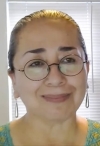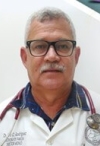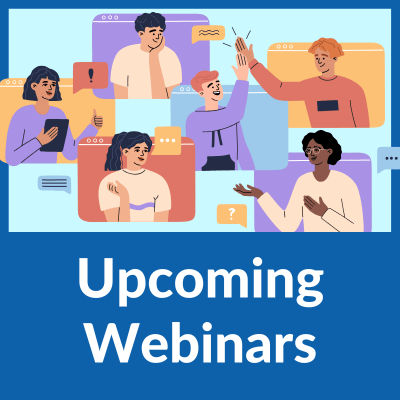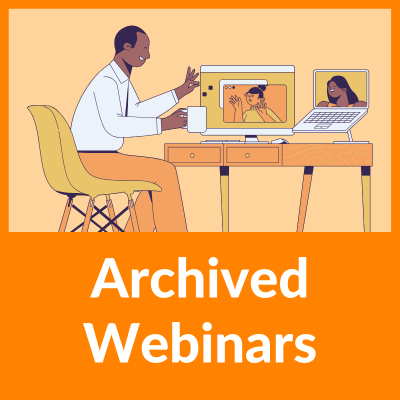* Presented in Spanish with simultaneous interpretation to English *
In recent years we have observed the increase in frequency and intensity of climate-related events, including high temperatures, such as those we have seen in recent weeks where the heat index exceeded 116°F in some municipalities. In Puerto Rico and in the United States thousands of workers from different industries are affected every year by high temperatures, which not only affect their health, but can also cause their death. According to the Bureau of Labor Statistics, exposure to heat killed 815 workers and seriously injured more than 70,000 workers from 1992 to 2017, figures that are probably under reported, since in 2019 this number increased dramatically. As temperatures continue to rise, heat related illnesses are becoming more common in the workplace, and excessive heat exposure may cause life-threatening heat stroke. It also exacerbates pre-existing health conditions, such as asthma, kidney and heart disease, and diabetes. Although heat related illnesses and death often occur in occupations such as construction or agriculture where work is largely outside, the problem affects all workers exposed to excessive heat, including drivers, restaurant workers, and healthcare workers.
This webinar will provide information on how to recognize the signs and symptoms of heat related illnesses, as well as the effects it has on the worker health. In addition, worker rights and responsibilities will be identified, as well as the resources available to prevent heat related illnesses.
Watch the Webinar Recording
Presenters

Alma
Galván
MHC
Director of Training and Community Engagement
Migrant Clinicians Network
Alma Galván, MHC, is MCN's Director of Training and Community Engagement. Galván has worked for over three decades to improve the health of agricultural workers. She has extensive experience providing technical assistance and developing curricula and educational materials for adults with limited English proficiency and limited literacy, community health workers, health professionals, health educators, and clinicians. Galván has worked extensively with MCN partners, community-based organizations, health agencies, and local and state health departments.

José
Rodríguez
MD
Hospital General Castañer, Puerto Rico
José Rodríguez is the Medical Director at Hospital General Castañer, Puerto Rico. Dr. Rodríguez also serves as a Senior Medical Advisor in Puerto Rico for Migrant Clinicians Network.

Renée
AboAmshe
MHA, LPN, CHES
Program Manager, Eastern Region Office
Migrant Clinicians Network
Renée E. AboAmshe, MHA, LPN, CHES is a Program Manager with Migrant Clinicians Network. AboAmshe emigrated from Peru to the US when she was 16 years old in pursuit of a better life and access to quality education. AboAmshe has dedicated her career to advocating for health equity in her community and beyond. Her professional experience includes years of efforts to promote diversity and inclusion, as Vice Chair at Fetter Healthcare Network representing the farmworker community, and as Vice Chair for the South Carolina Agricultural Worker Health Program. As a nurse and public health professional, AboAmshe believes that addressing social needs across the health system can improve health equity from the individual to the systems level. AboAmshe has previously worked for a nonprofit focused on holistic, high-quality, and comprehensive Head Start services to farmworker families. AboAmshe graduated with college honors with a bachelor’s degree in Health Promotion and Spanish from Charleston Southern University, South Carolina, and a master’s degree in Healthcare Administration from Ashford University in San Diego, California. In addition, she is a licensed practical nurse, graduated from Miami Dade College, Miami.

